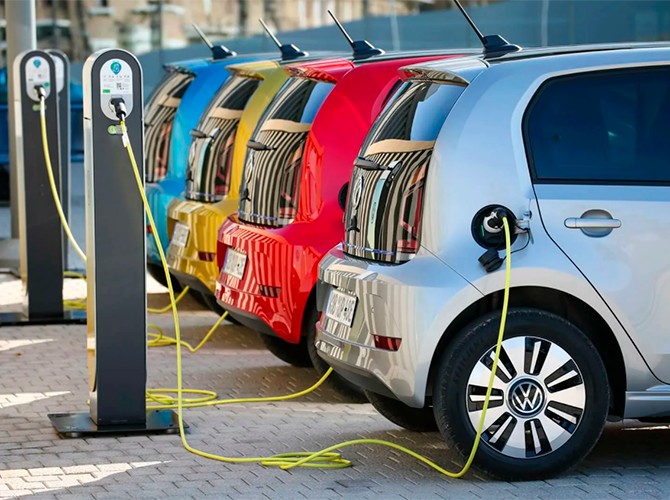In recent years, the number of electric vehicles in Armenia has increased sharply; however, the process of charging them remains complicated and insufficiently regulated. Residents of apartment buildings are often forced to go through a long and costly procedure, becoming a separate subscriber of Electric Networks of Armenia (ESA), even though the capacity of their apartment is fully sufficient to charge a vehicle. Moreover, the current legislation does not provide flexible solutions for energy producers and consumers, which in turn hinders competition in the market.
To address these issues, Tsovinar Vardanyan, a deputy from the “Civil Contract” faction, proposed a series of amendments to the Law “On Energy.” In particular, the draft law stipulates that every consumer can provide charging services without the need for a license. This simplifies the legal framework and reduces administrative barriers. In other words, a consumer can use electricity obtained in their apartment also in their garage or parking space, independently ensuring the connection. This solves the problem whereby charging outside the apartment was previously considered a violation and could serve as grounds for a fine by ESA.
Furthermore, autonomous energy producers with a capacity of over 150 kW are given the opportunity to participate in the wholesale market on equal terms, which promotes competition. The law proposes to clearly establish that relations among participants in an autonomous group, including issues regarding the sale of electricity produced within the group, are determined by mutual agreement of the participants to avoid potential misunderstandings.
Despite the positive expectations, the draft law also has certain issues. The law allows the provision of charging services without licensing, which may weaken control over quality and safety. If a license is not required, there is no clear supervisory authority. In addition, consumers are allowed to connect their apartment’s network to other property, which, without strict technical standards, could create risks of accidents.
The entry of autonomous producers with over 150 kW capacity into the wholesale market theoretically stimulates competition, but in the absence of clear rules, it may lead to price instability. Similarly, full liberalization of relations within autonomous groups, where everything is determined solely by the participants’ agreement, may lead to conflicts of interest and abuses without oversight by a third party.

